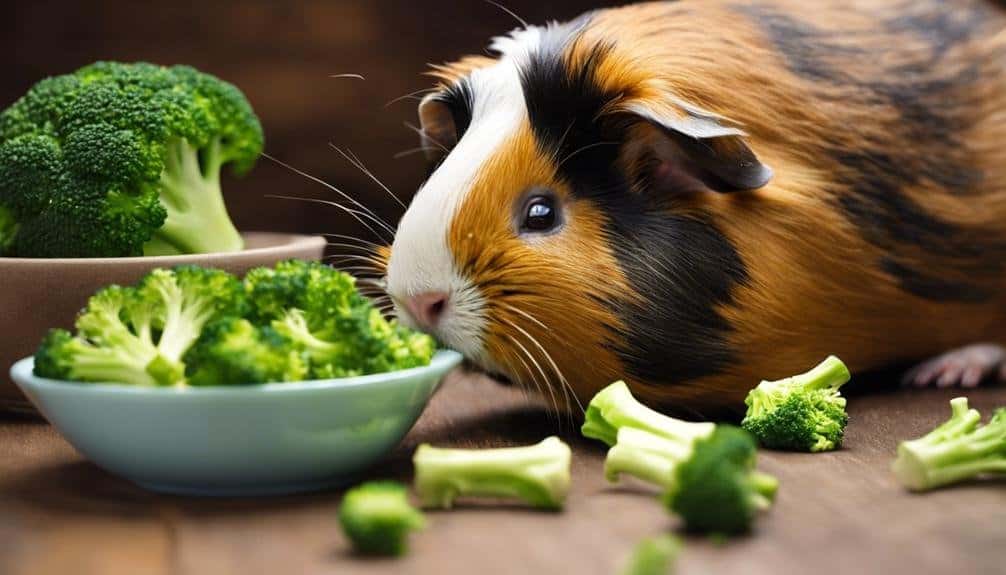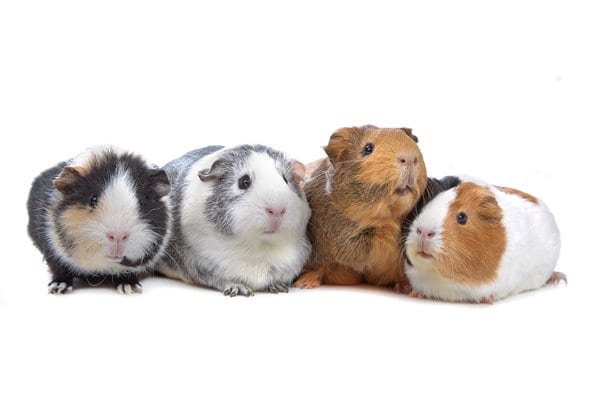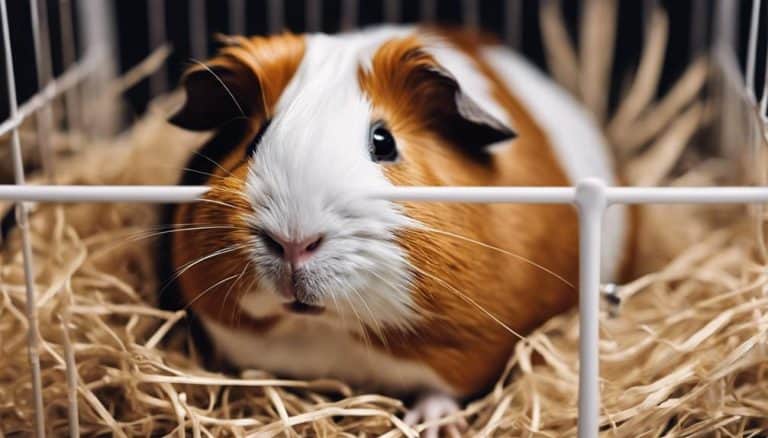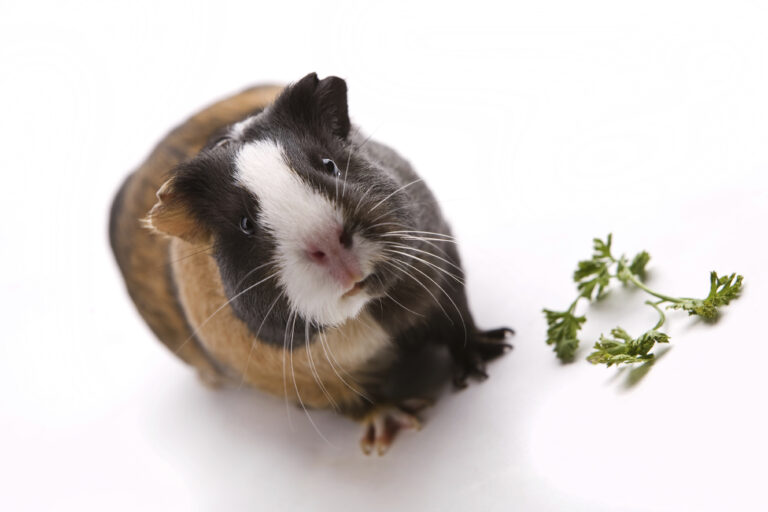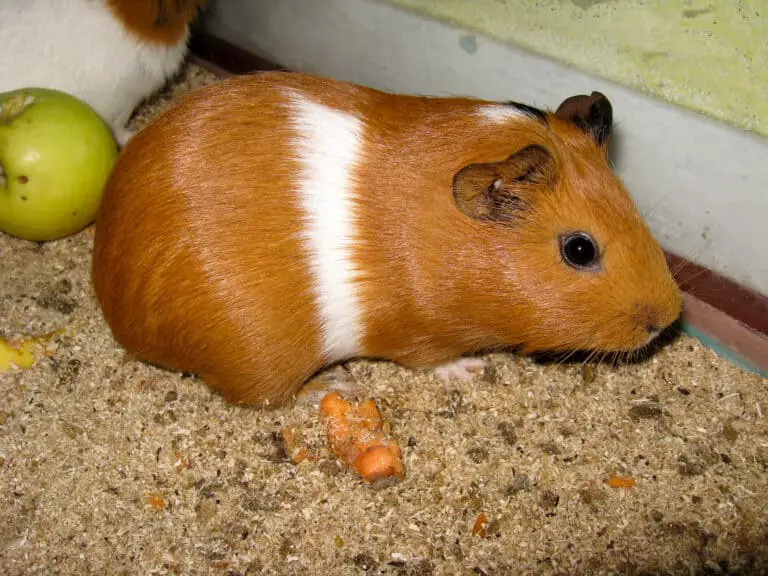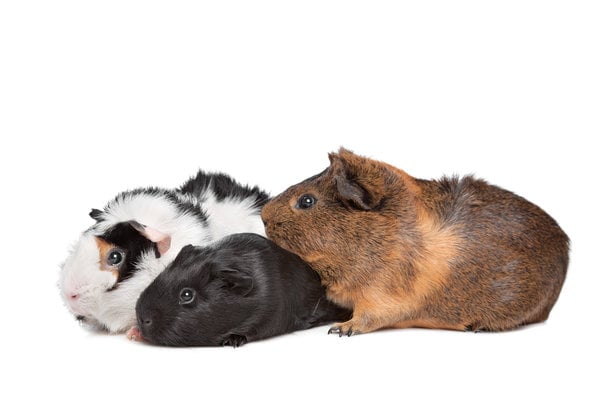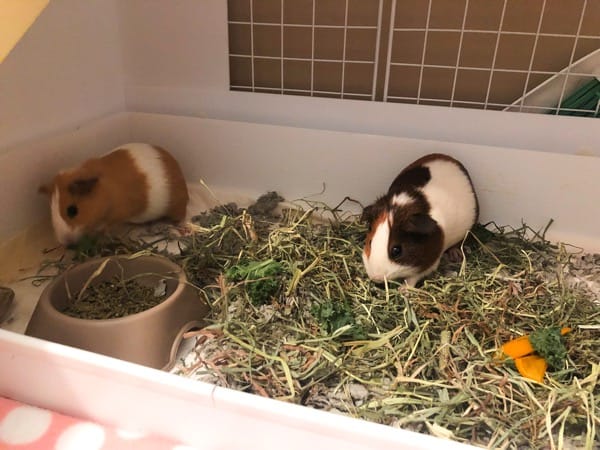How Guinea Pigs Can Safely Eat Broccoli: A Guide
When considering guinea pig nutrition, it’s intriguing to note that broccoli is a popular choice, with its high vitamin C content meeting a guinea pig’s daily requirement in just a few florets. However, the way broccoli is introduced into a guinea pig’s diet requires careful consideration.
By understanding the potential risks and best practices of feeding broccoli to these adorable pets, we can ensure their well-being and health. But what about the specifics of incorporating this cruciferous vegetable safely into their meals? Let’s explore the nuances together.
Nutritional Benefits of Broccoli for Guinea Pigs
The nutritional benefits of broccoli for guinea pigs are significant, particularly in providing essential vitamin C and fiber for their overall health and well-being. Guinea pigs can’t produce their own vitamin C, so a diet including broccoli helps meet their vitamin C intake requirements.
Broccoli is a safe vegetable to feed to guinea pigs, and its high vitamin C content supports their health, especially their immune system. Additionally, the fiber in broccoli aids in their digestive health, more effectively than other vegetables like lettuce or bell peppers.
Including broccoli in a guinea pig’s diet contributes to a balanced diet, ensuring they receive necessary nutrients like calcium for bone health. Moreover, the low sugar content in broccoli, similar to cucumber, makes it a suitable option for guinea pigs’ dental health, reducing the risk of dental issues that can arise from high-sugar foods.
Potential Risks of Feeding Broccoli
With the notable presence of oxalates, broccoli poses potential health risks for guinea pigs when included in their diet. Here are some key risks to consider:
- Bladder Stones: The high calcium content in broccoli can increase the likelihood of bladder stone formation in guinea pigs. Excessive intake of calcium from this vegetable can lead to the development of these painful stones.
- Digestive Upset: Overfeeding broccoli to guinea pigs can result in digestive issues such as gas and bloating. The complex sugars present in broccoli can be difficult for guinea pigs to digest in large quantities, causing discomfort and potential health problems.
- Moderation is Key: Monitoring the amount of broccoli given to guinea pigs is crucial to prevent health risks associated with this vegetable. While broccoli offers nutritional benefits, it should be fed in moderation to avoid complications and maintain the well-being of guinea pigs.
Feeding Broccoli to Guinea Pigs: Best Practices

When offering broccoli to guinea pigs, it’s essential to provide the vegetable sparingly to prevent digestive issues. While broccoli is a source of essential nutrients like vitamin C and vitamin K, it should be given in small quantities due to its potential to cause digestive problems such as gas and bloating in guinea pigs.
Including both the stems and florets of broccoli in their diet can contribute to their dental health. Moderation is key when incorporating broccoli into their meals to ensure they receive the benefits without overloading on potentially harmful components like calcium.
Remember to thoroughly wash the broccoli before offering it to your guinea pigs to eliminate any pesticide residue that could be harmful to them. Monitoring their reaction to broccoli consumption is crucial, as some guinea pigs may be more sensitive to it than others. Adjust their diet accordingly if you notice any adverse effects from excessive broccoli intake.
Prioritizing their dietary needs and offering a variety of fresh vegetables alongside broccoli can help maintain their overall health and well-being.
Alternatives to Broccoli in Diet
Looking for substitutes to diversify your guinea pigs’ diet beyond broccoli? Here are some alternatives that can provide essential nutrients and high vitamin C content:
- Kale: This leafy green is an excellent alternative to broccoli, offering a high vitamin C content that’s essential for your guinea pigs’ health.
- Red pepper: Not only is red pepper a flavorful option, but it also serves as a rich source of vitamin C, making it a great supplement or replacement for broccoli in your guinea pigs’ diet.
- Parsley: Including parsley in your guinea pigs’ diet can provide them with a different source of vitamin C and essential nutrients, adding variety to their meals.
Understanding the Nutritional Profile of Broccoli

To comprehend the nutritional value of broccoli for guinea pigs, it is imperative to analyze its vitamin content and fiber composition. Broccoli is a good source of vitamin C, containing over 89mg per 100g, which is crucial for guinea pigs’ health. In fact, broccoli has more vitamin C than a green bell pepper and almost twice as much as an orange. Additionally, it is high in calcium, with around 47mg per 100g, contributing to guinea pigs’ bone health. The fiber content in broccoli is also beneficial for the digestive system of guinea pigs. Due to its low sugar content, broccoli is a suitable low-sugar vegetable for guinea pigs. When serving broccoli to guinea pigs, it is important to do so in small amounts, alongside other vegetables such as bell peppers.
| Nutrient | Amount per 100g | Benefit |
|---|---|---|
| Vitamin C | 89mg | Essential for guinea pigs’ health |
| Calcium | 47mg | Contributes to bone health |
| Fiber | High | Supports digestive system health |
Conclusion
In conclusion, broccoli can be a nutritious addition to a guinea pig’s diet, providing essential vitamins and fiber.
However, due to its high calcium and oxalate levels, moderation is key to prevent potential health risks.
It’s important to offer a varied diet with other safe vegetables to ensure a balanced nutritional intake.
By understanding the nutritional profile of broccoli and following best practices for feeding, guinea pig owners can promote their pets’ overall health and well-being.

